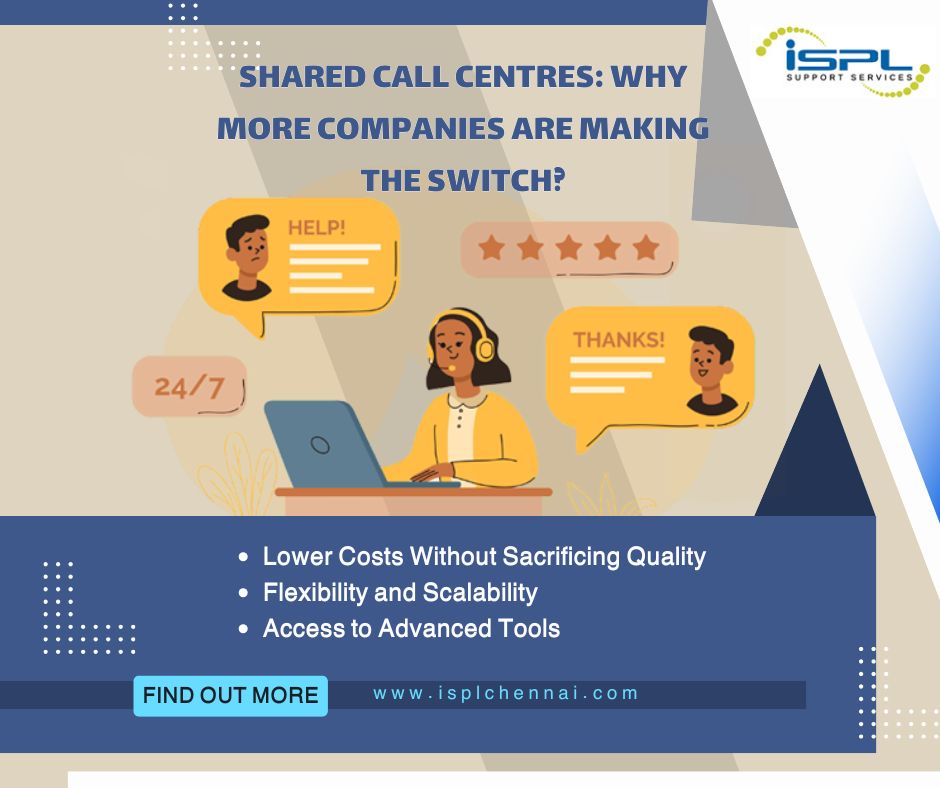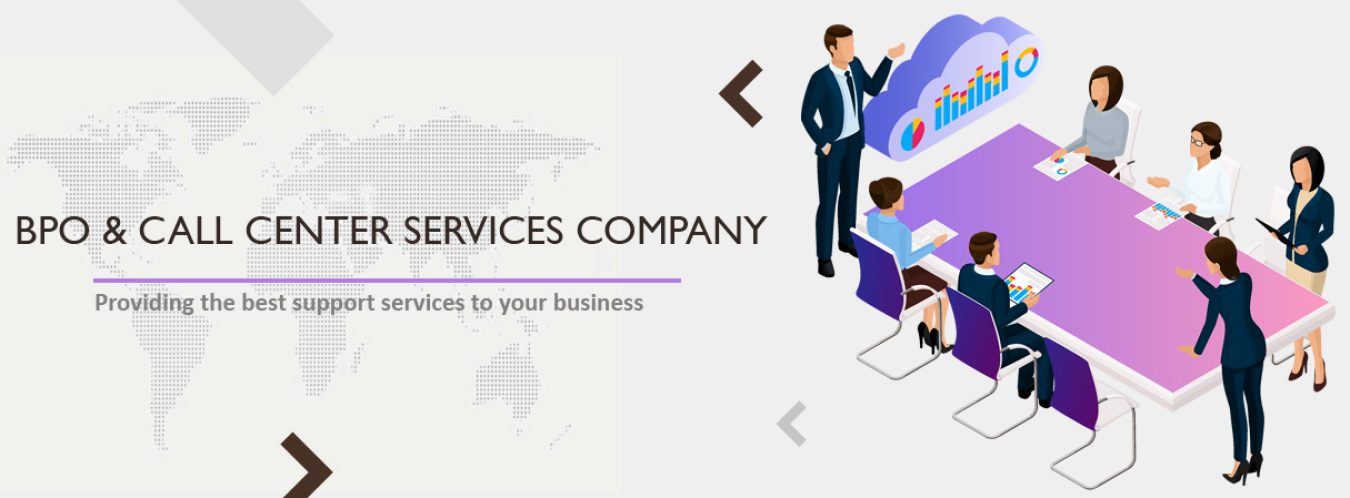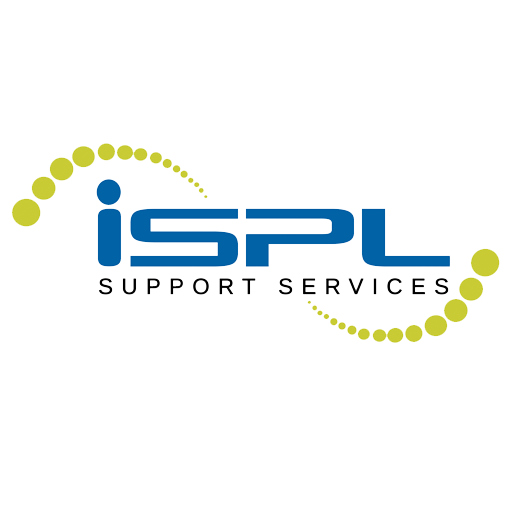The customer expectations in the current business world are higher than ever before due to the fast-paced world. Firms are supposed to have quick, dependable, and responsive services – sometimes 24 hours. But it is costly, resource-intensive, and not easily scaled to using an in-house call centre. That is why an increasing number of companies are moving over to other more intelligent option by using shared call centres.

What Is a Shared Call Centre?
The shared call centre model is a type of arrangement in which two or more companies share a staff of agents, equipment, and technology to respond to their customers. Shared centres are also a very economical and adjustable solution in comparison to a specific call centre where one agent is dedicated to a single client.
Why Companies Are Making the Switch?
1. Lower Costs Without Sacrificing Quality
Shared call centres distribute costs of operation among a number of businesses. It enables even a simpler company to invest on professional customer support, without investing heavily in manpower, infrastructural support or technology.
2. Flexibility and Scalability.
It can be seasonal peaks, new products, or sudden increases in demand, managing basically any business customer support can be upscaled or downscaled within the shortest time possible. Shared models are programmed to open and close without the burden of new staffing or termination.
3. Access to Advanced Tools
Shared call-centres are frequently configured with the newest cloud application, CRM, and dashboards. Modern resources and reporting abilities are valuable to business without those businesses direct investing.
4. 24/7 Global Coverage
There are a lot of shared call centres, operating twenty-four hours a day, which also provides customers with attention at any hour of the day. This can be a game-changer to those businesses with international clients as they can now reach them without having to arrange the teams in various time zones.
5. Risk Reduction
Shared call centre services are not as risky as the heavy commitments required when developing an in-house team or outsourcing to a special team centre. Numerous providers have flexible contracts, and as a company is growing, it can experiment with their out-sourcing plan or modify it.
| Feature | Shared Call Centre | Dedicated Call Centre |
| Cost | Lower, pay-as-you-use model | Higher, fixed monthly expense |
| Scalability | Highly flexible for fluctuating demand | Less flexible due to staffing limits |
| Customization | Moderate agents handle multiple clients | High agents trained exclusively for you |
| Control | Less personalized brand voice | Full control over brand consistency |
Shared call centre will be good where there is medium number of calls, where the volume was seasonal or when it is the first company to outsource call centre but not the dedicated call centre.
The Bottom Line
The common call centre trend is growing as business must be cost efficient, flexible and the availability of modern technology, without any substantive investments anticipated. In most organizations, it becomes the best compromise in the way they can offer excellent customer services and maintain lean operations at the same time. No longer are shared call centres an option but it is beginning to the strategy of choice amongst businesses that wish to remain competitive and still remain agile.

